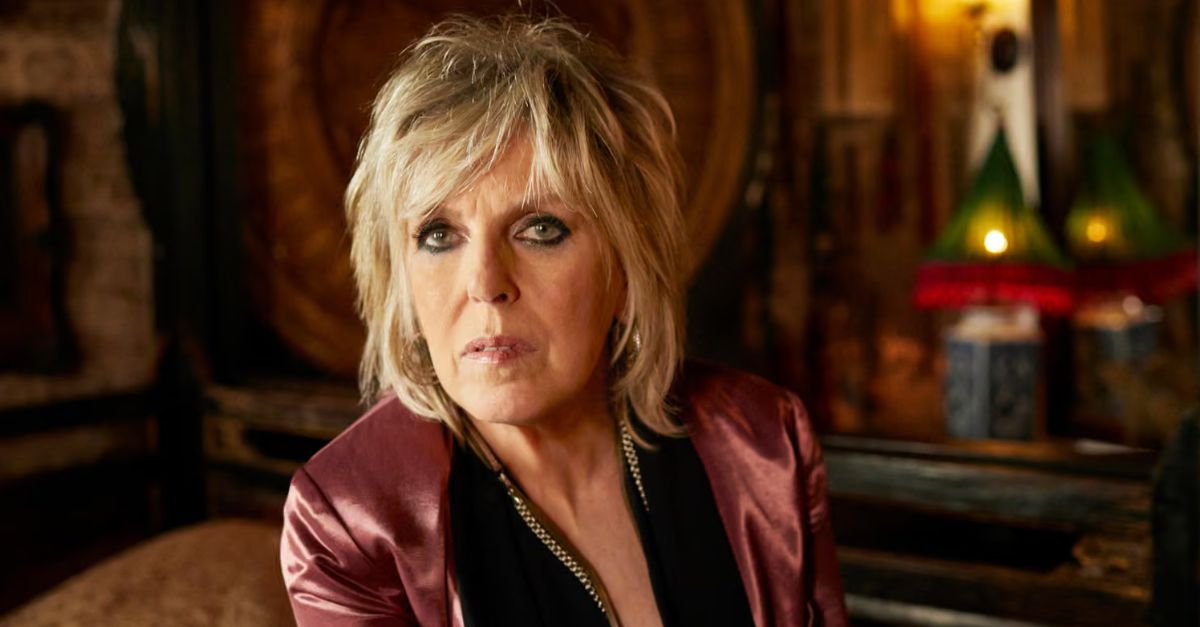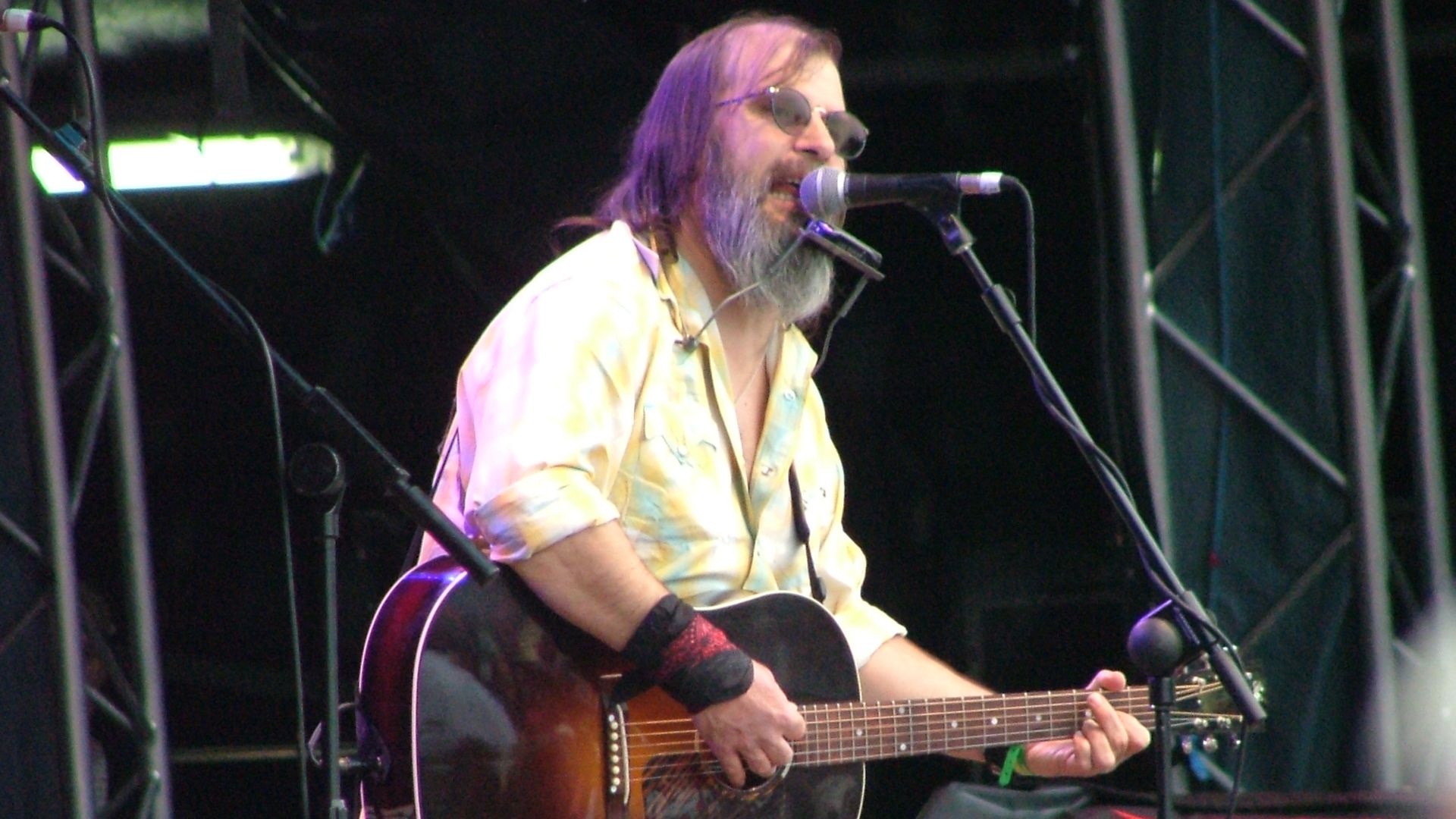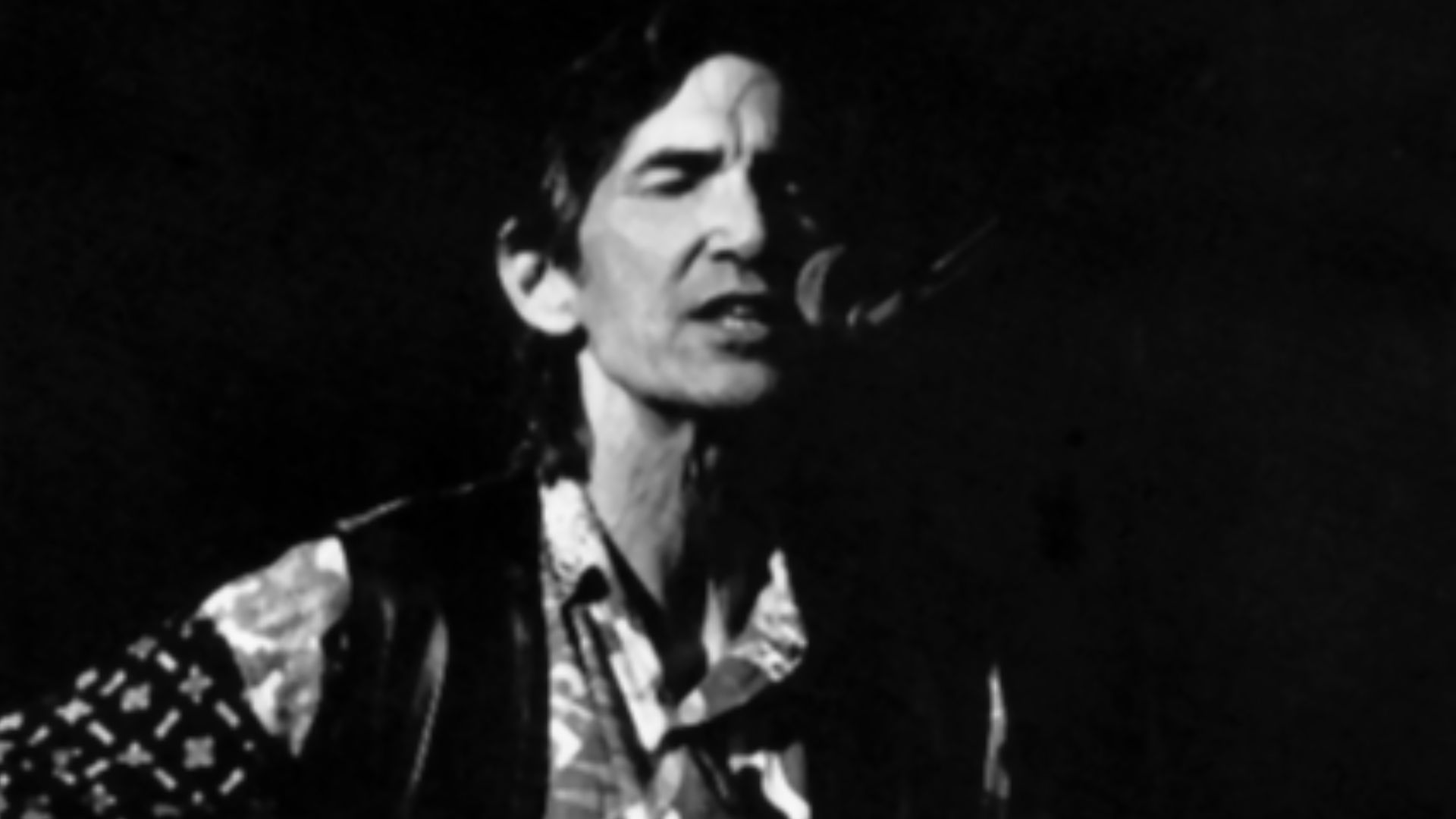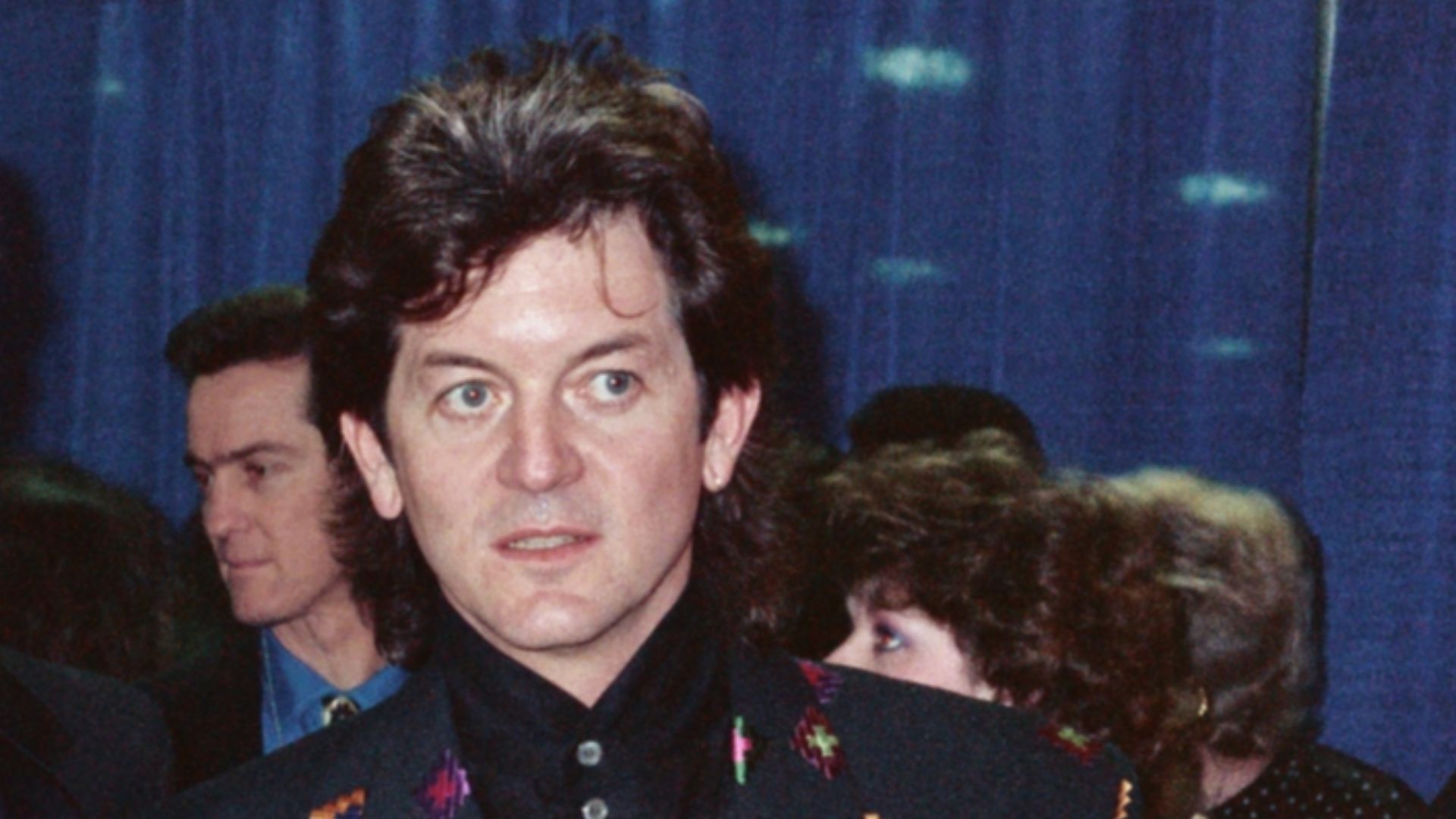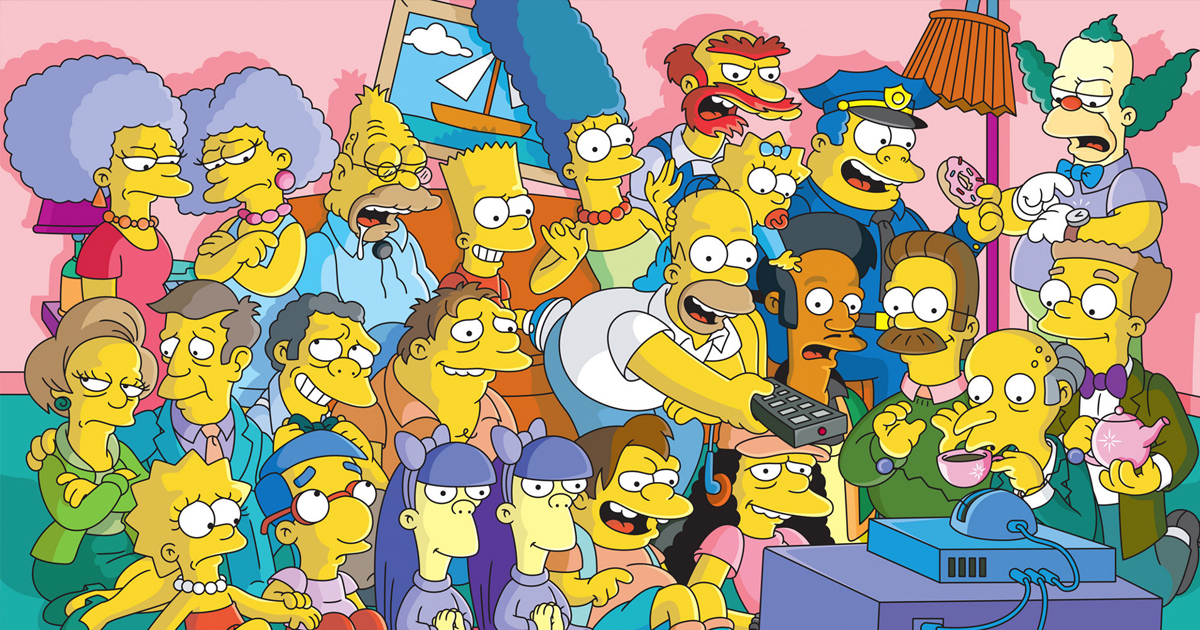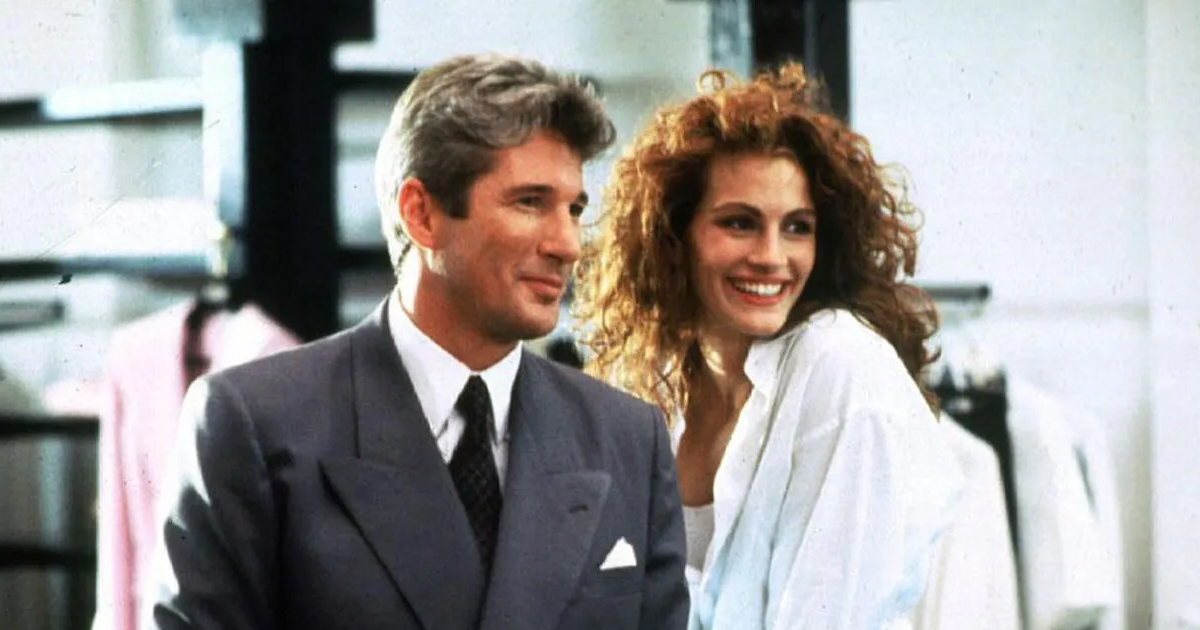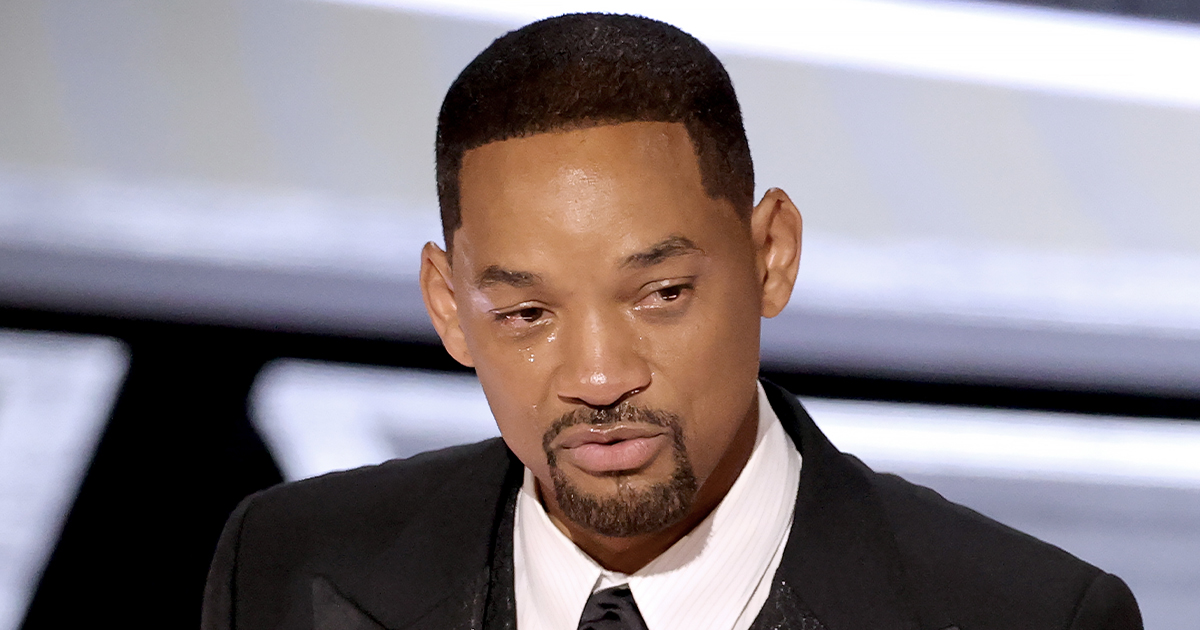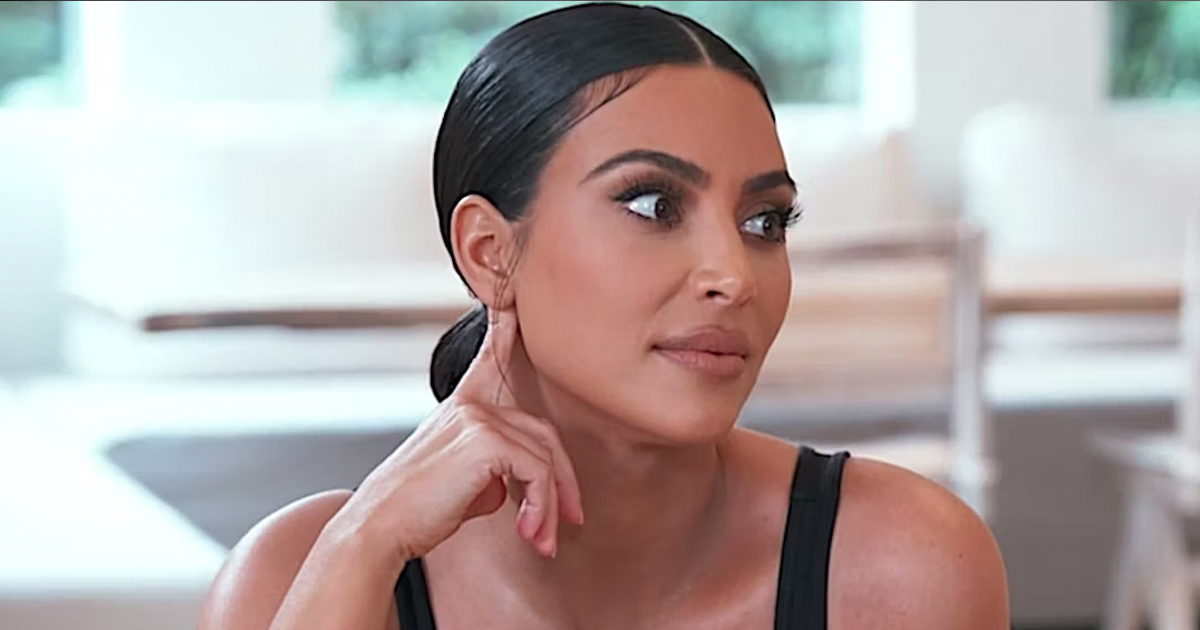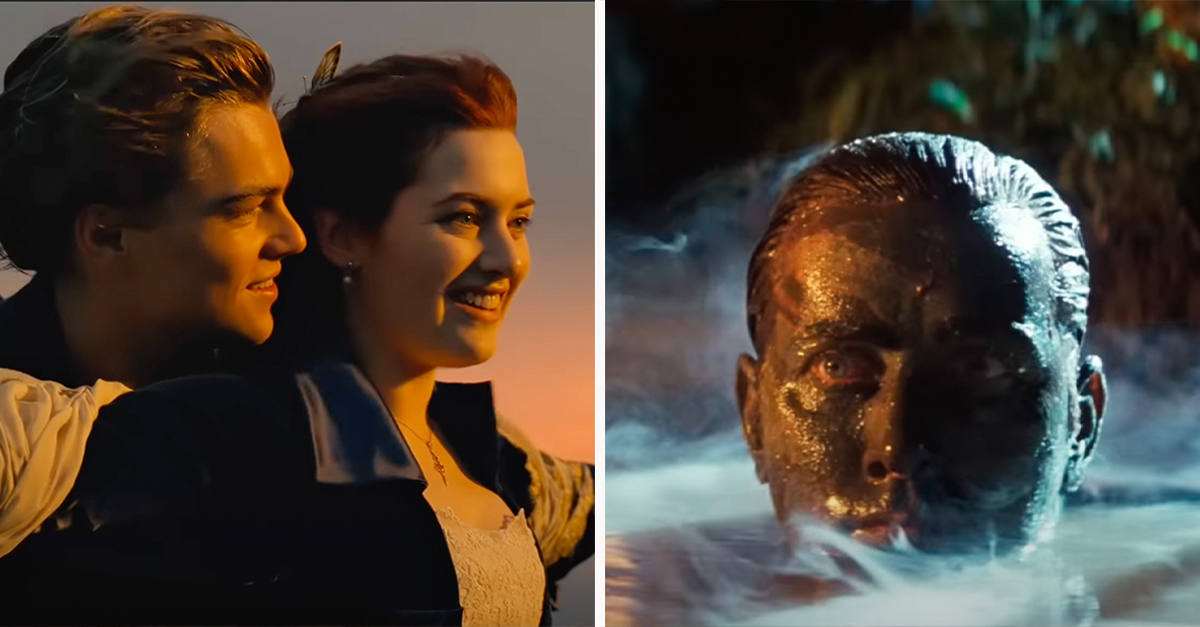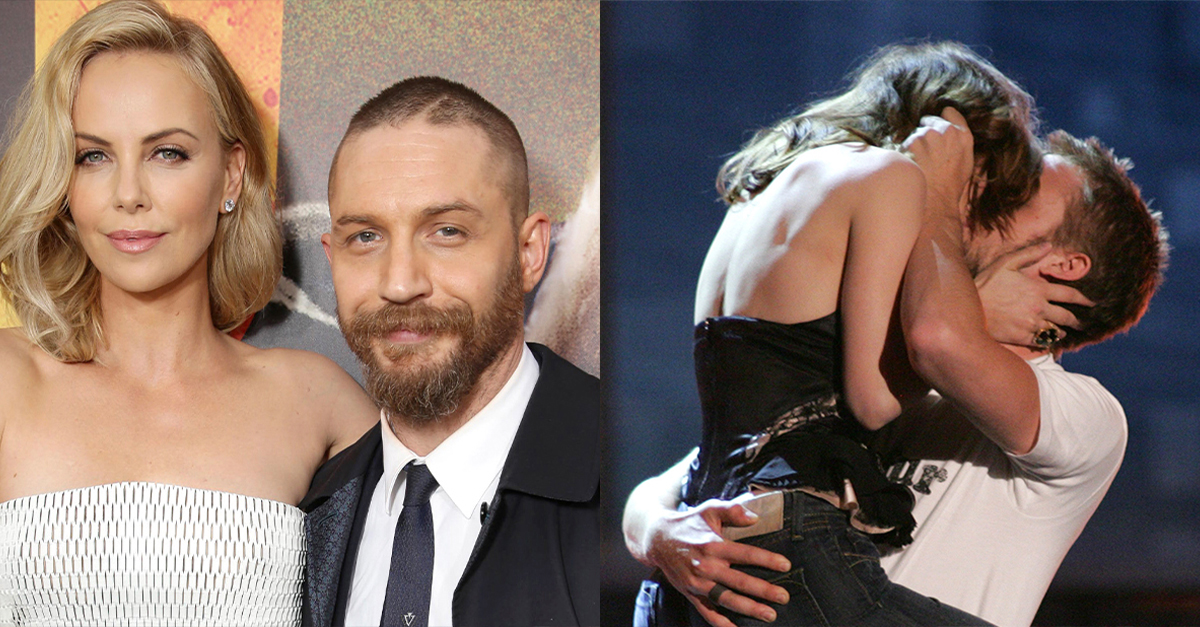Living On The Edge And Rewriting The Country Rulebook
Country music has always been famous for its raw grit and deep emotions. But some country stars actually had to taste the bitter side of life, even considered to be outlaws despite their talent and fame.

Wanda Jackson
Before country music fully embraced rebellion, Wanda Jackson was already blending rockabilly energy with honky-tonk roots. Touring with Elvis and breaking ground as a woman in a male-dominated scene, her fierce delivery and independent style influenced generations. She refused to conform—vocally, visually, or professionally—and earned her status as a true musical trailblazer.
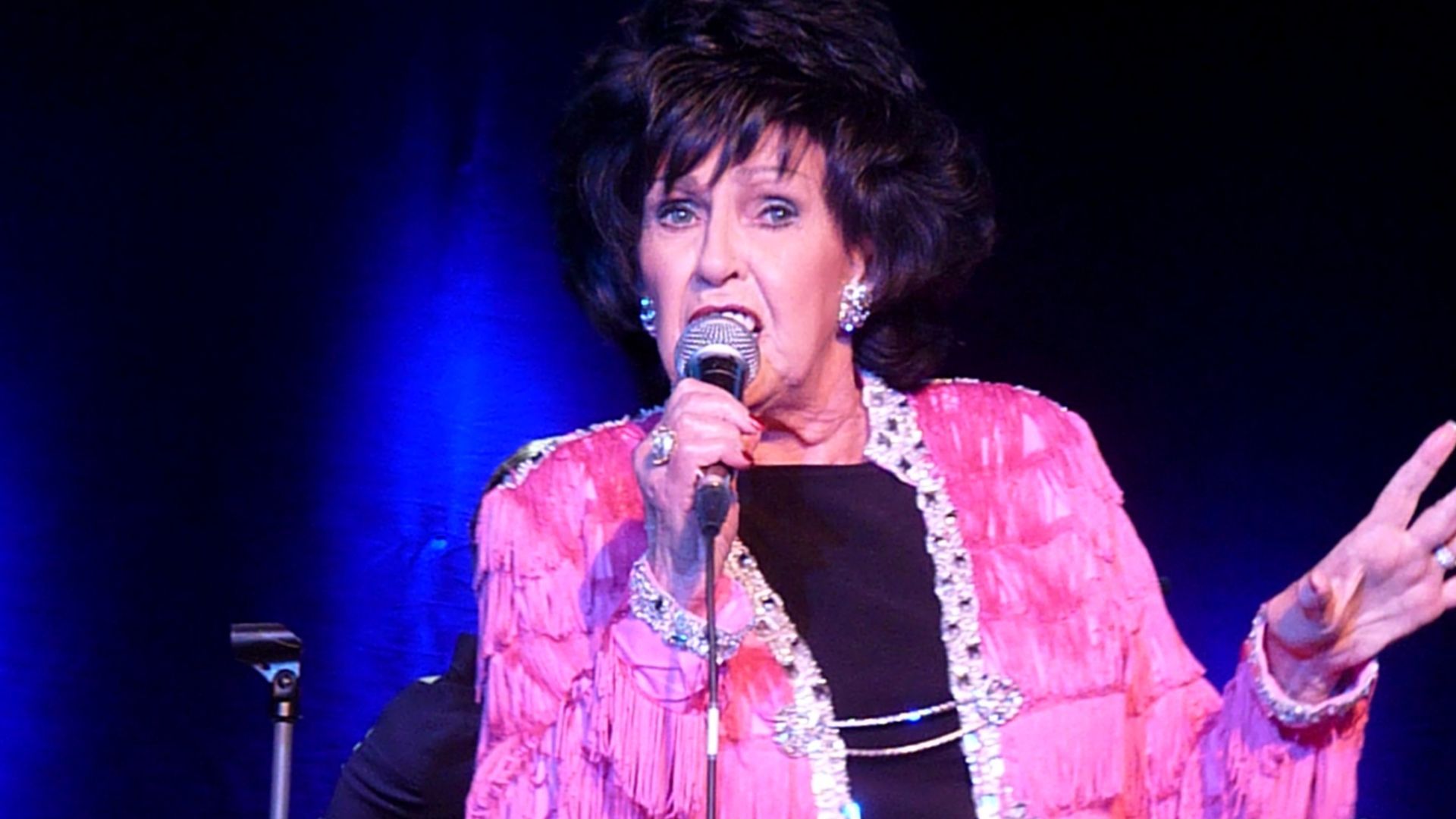 Teresa Sedó, Wikimedia Commons
Teresa Sedó, Wikimedia Commons
Waylon Jennings
Tired of restrictive studio rules, he tore up the Nashville rulebook. With a driving sound and a defiant attitude, Waylon Jennings fought for—and won—complete artistic control. His landmark albums and hard-edged vocals gave voice to a restless audience seeking truth over tradition in their music.
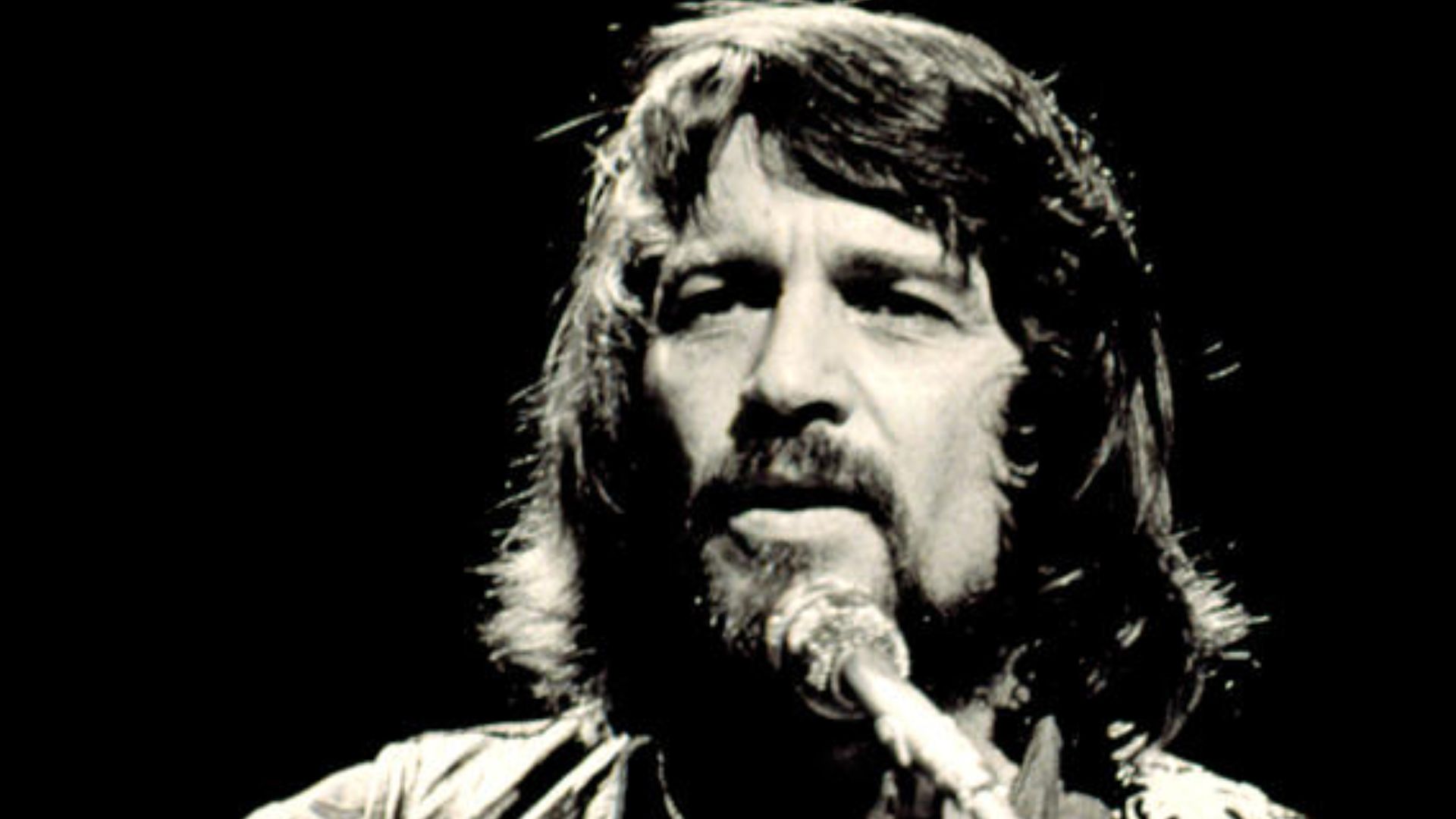 RCA Records, Wikimedia Commons
RCA Records, Wikimedia Commons
Lucinda Williams
Her weathered voice helped bridge country music with Americana. With albums like Car Wheels on a Gravel Road, Lucinda Williams defied genre boundaries and commercial molds. Refusing to chase trends, she pursued emotional depth instead. She consistently created raw, confessional music that resonated with listeners far beyond the Nashville mainstream.
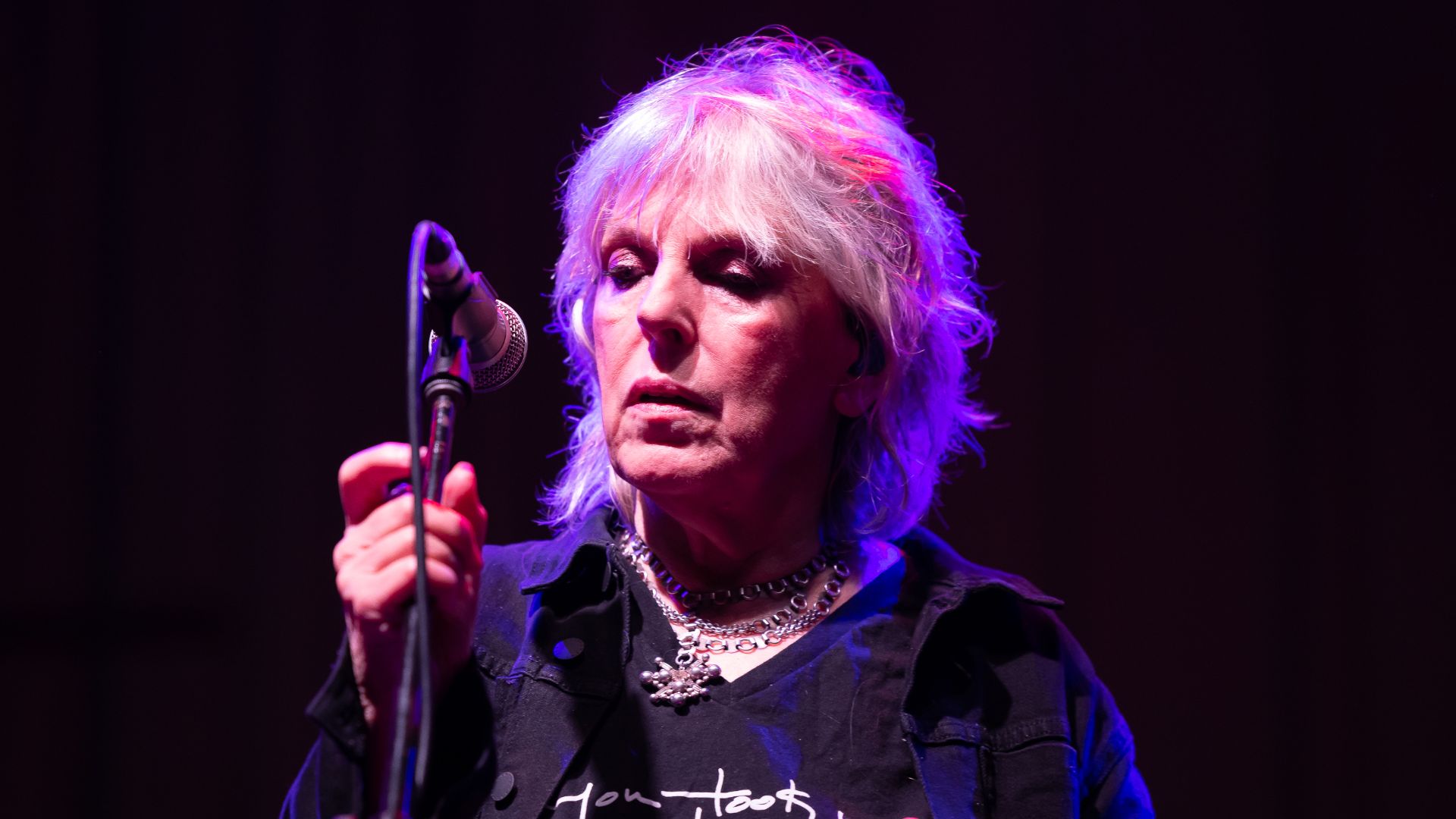 Bruce Baker, Wikimedia Commons
Bruce Baker, Wikimedia Commons
Willie Nelson
A quiet revolutionary, Willie Nelson abandoned Music Row’s constraints and found liberation in Austin’s open-minded scene. There, he mixed jazz, gospel, and folk into a sound all his own. His laid-back delivery masked radical freedom and made him living proof of creative self-determination and country music’s most enduring free spirit.
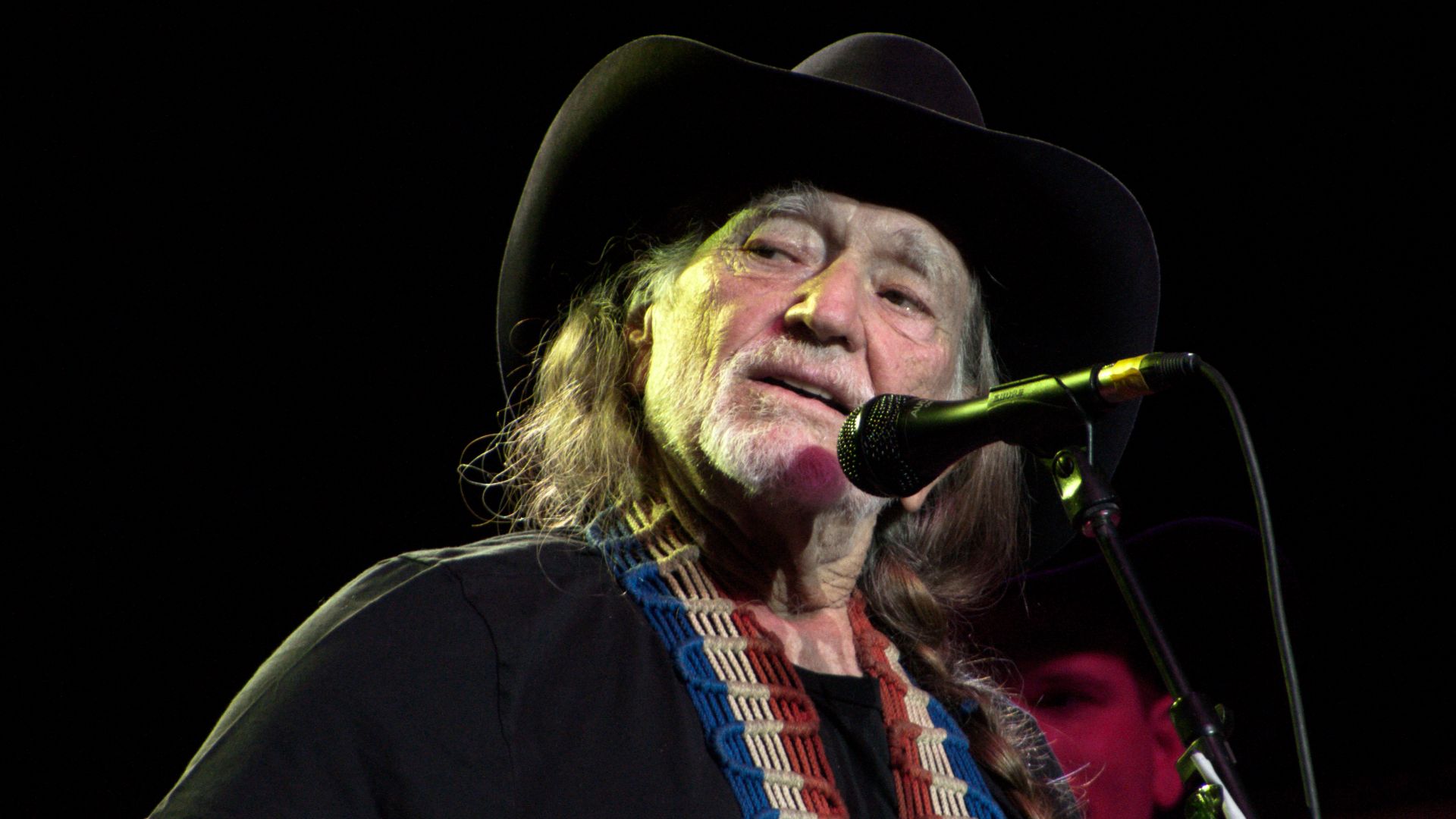 Bob Jagendorf from Manalapan, NJ, USA, Wikimedia Commons
Bob Jagendorf from Manalapan, NJ, USA, Wikimedia Commons
Johnny Cash
From prison concerts to protest anthems, Johnny Cash’s career was driven by compassion for the forgotten. Known for his stark black wardrobe and moral conviction, he brought empathy and rebellion into country music’s mainstream. Every performance carried the weight of experience, raw and unafraid to confront uncomfortable truths head-on.
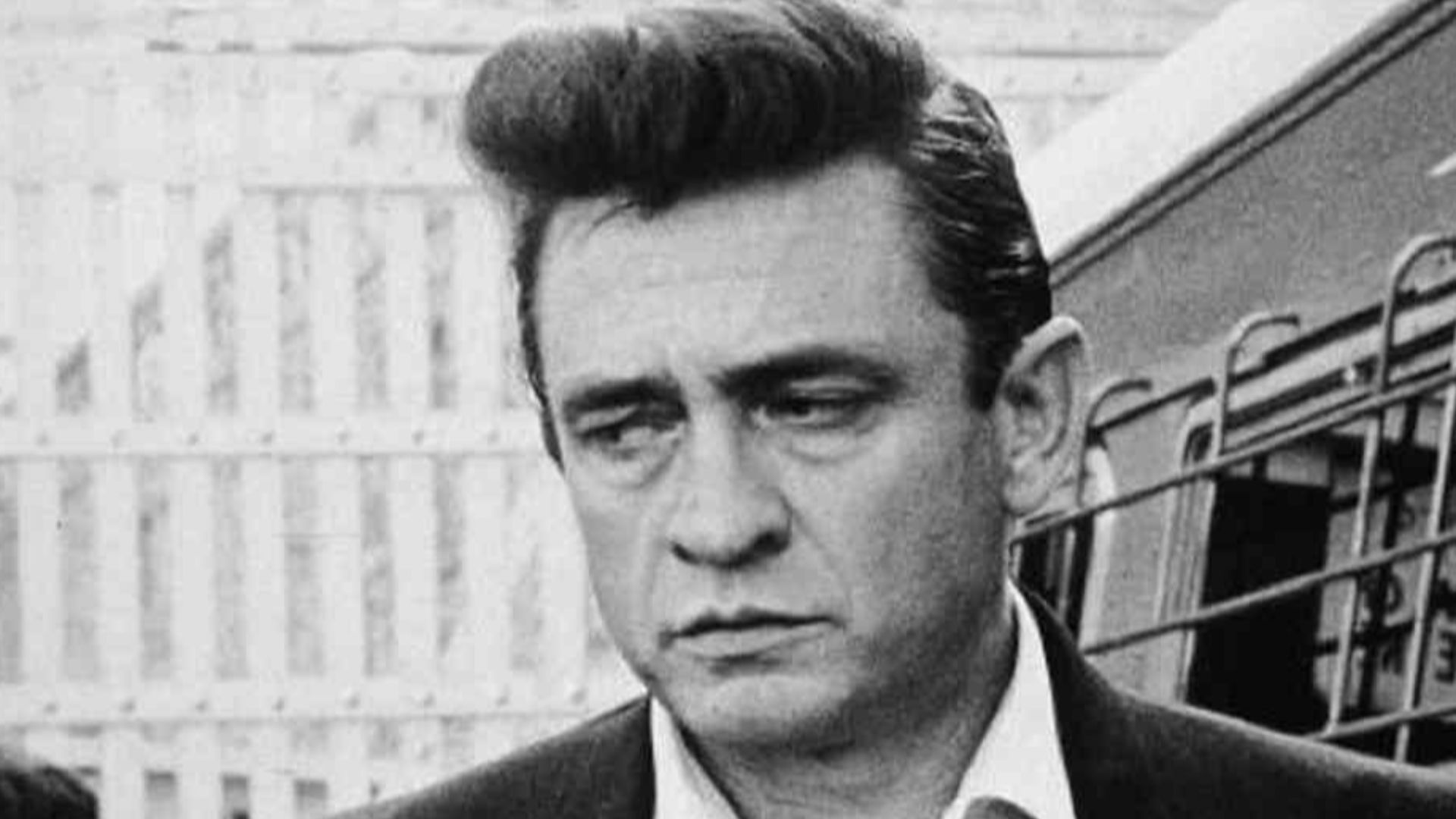 Dillan Stradlin, Wikimedia Commons
Dillan Stradlin, Wikimedia Commons
Kris Kristofferson
Kris Kristofferson gave up a military future and an Oxford education to chase the uncertain life of a songwriter in Nashville. Mopping floors by day, he penned lyrics that redefined country storytelling. With poetic depth and a ragged edge, he opened the genre to vulnerability and a new kind of masculinity.
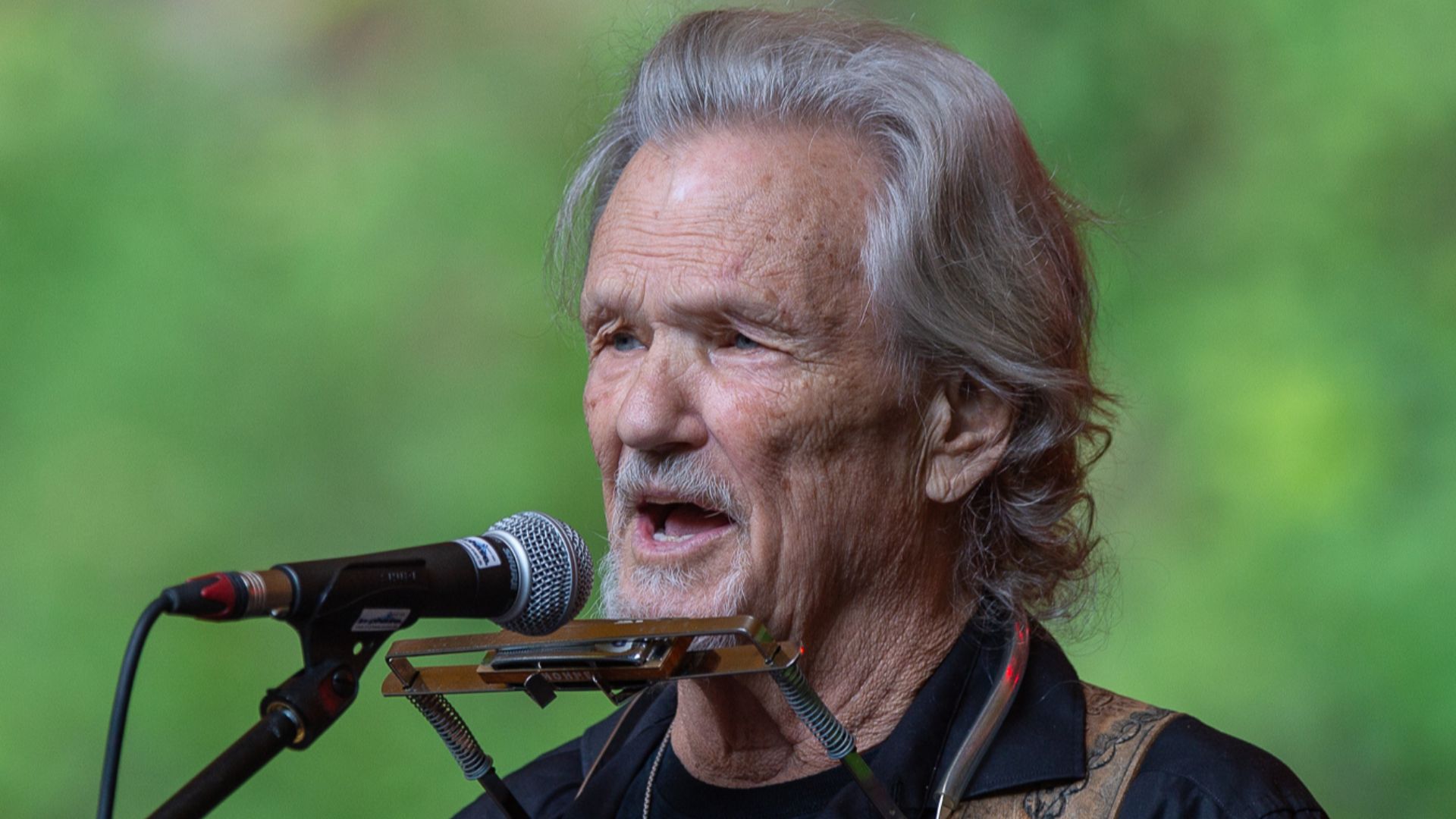 Stefan Brending (2eight), Wikimedia Commons
Stefan Brending (2eight), Wikimedia Commons
Loretta Lynn
Though often linked with traditional country music, Loretta Lynn challenged its conventions at every turn. Singing openly about birth control and working-class life, she faced radio bans with defiance. Her fearless songwriting empowered women long before it was common, and placed her firmly among the most rebellious voices of her era.
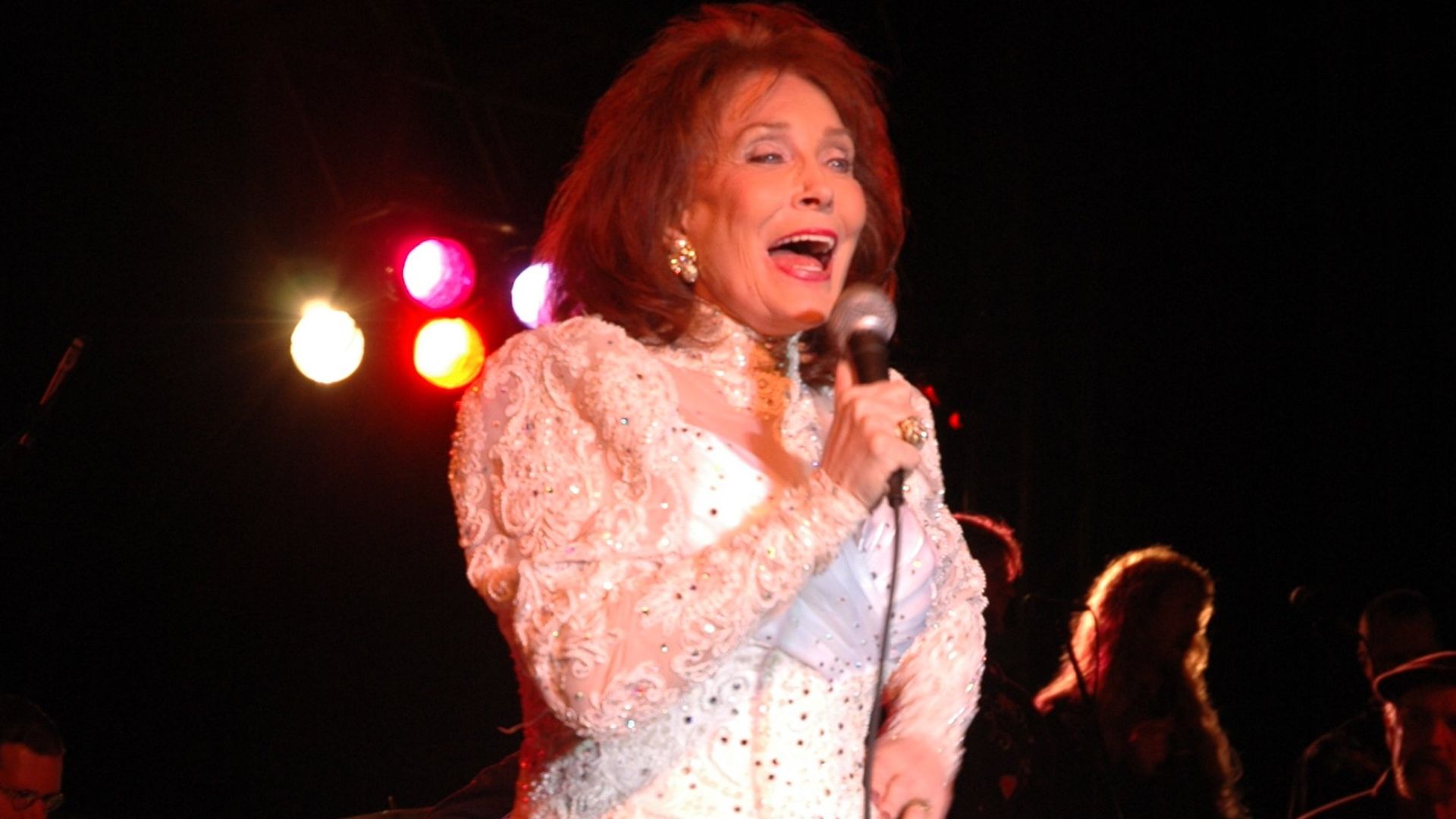 Scott Schram (http://schram.net/ ], Wikimedia Commons
Scott Schram (http://schram.net/ ], Wikimedia Commons
Merle Haggard
From incarceration to icon, Merle Haggard’s journey brought a unique voice to working-class America. With a catalog rooted in real-life regret and redemption, he stood apart from industry polish. Songs like “Okie from Muskogee” and “Sing Me Back Home” revealed a complex figure shaped by hardship and unfiltered experience.
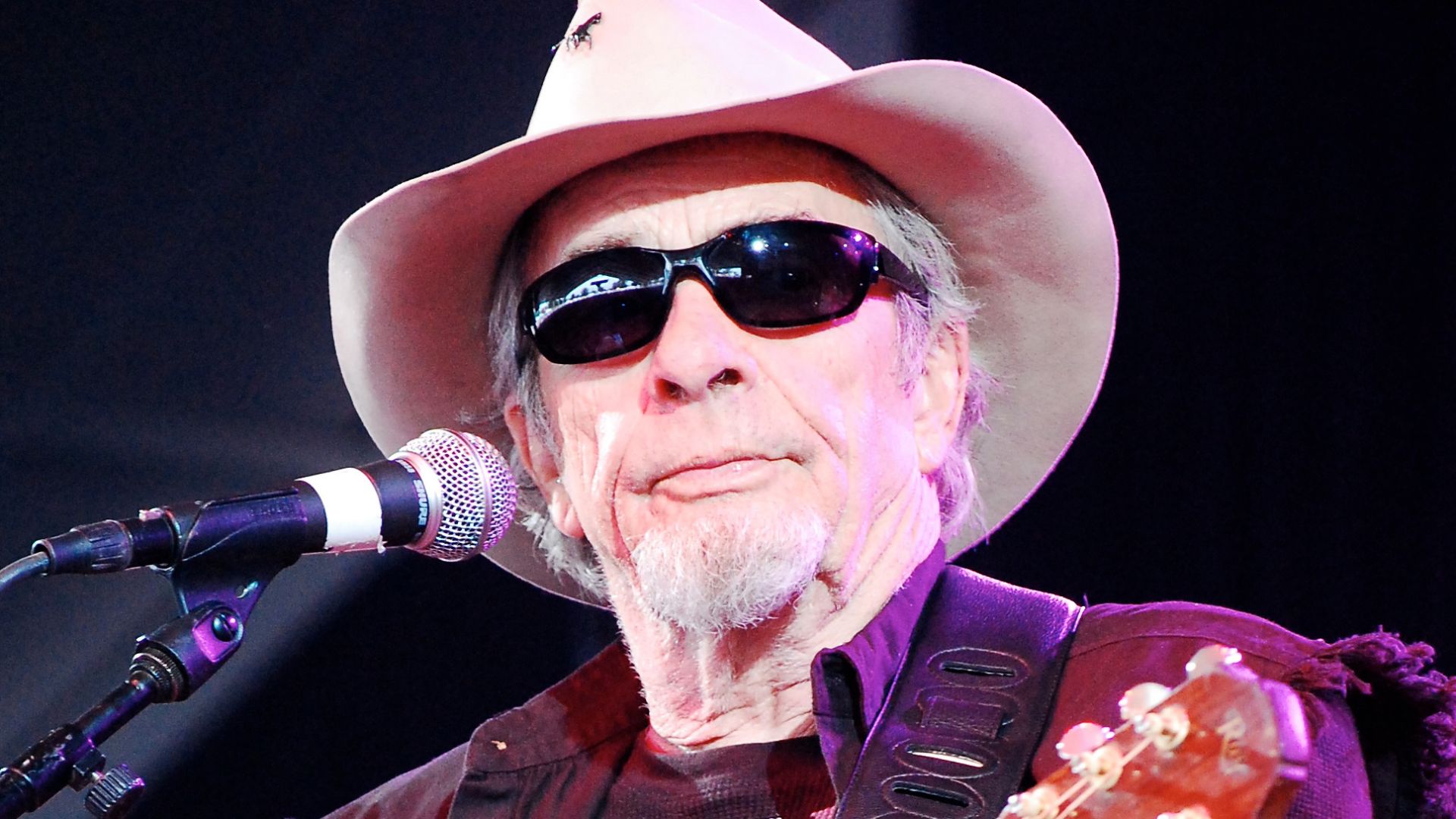 whittlz at https://www.flickr.com/photos/whittlz/, Wikimedia Commons
whittlz at https://www.flickr.com/photos/whittlz/, Wikimedia Commons
David Allan Coe
Unapologetically extreme in both life and lyrics, David Allan Coe blurred the line between myth and reality with exaggerated prison stories. A former inmate and drifter, he always showed off a rebellious persona steeped in controversy. His early work, especially with Columbia Records, showcased his raw songwriting talent while being defiantly out of step with mainstream country expectations.
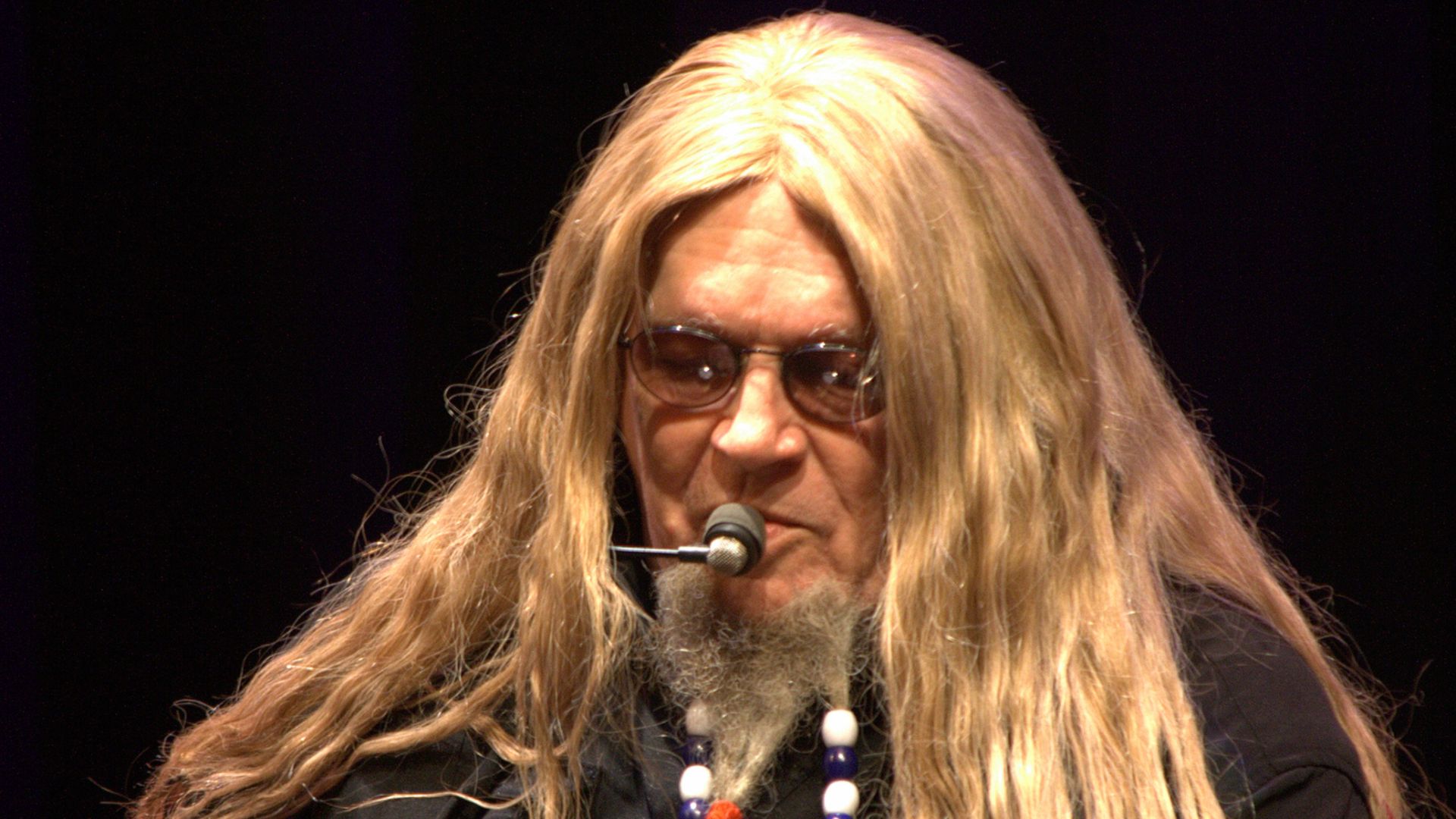 Matthew Woitunski, Wikimedia Commons
Matthew Woitunski, Wikimedia Commons
Billy Joe Shaver
Writing with a poet’s heart and a fighter’s instinct, Billy Joe Shaver helped shape outlaw country from behind the scenes. His lyrics—often autobiographical—were recorded by Jennings, Nelson, and Kristofferson. Known for turning personal tragedy into song, he lived hard, remained humble, and never strayed from the truth in his music.
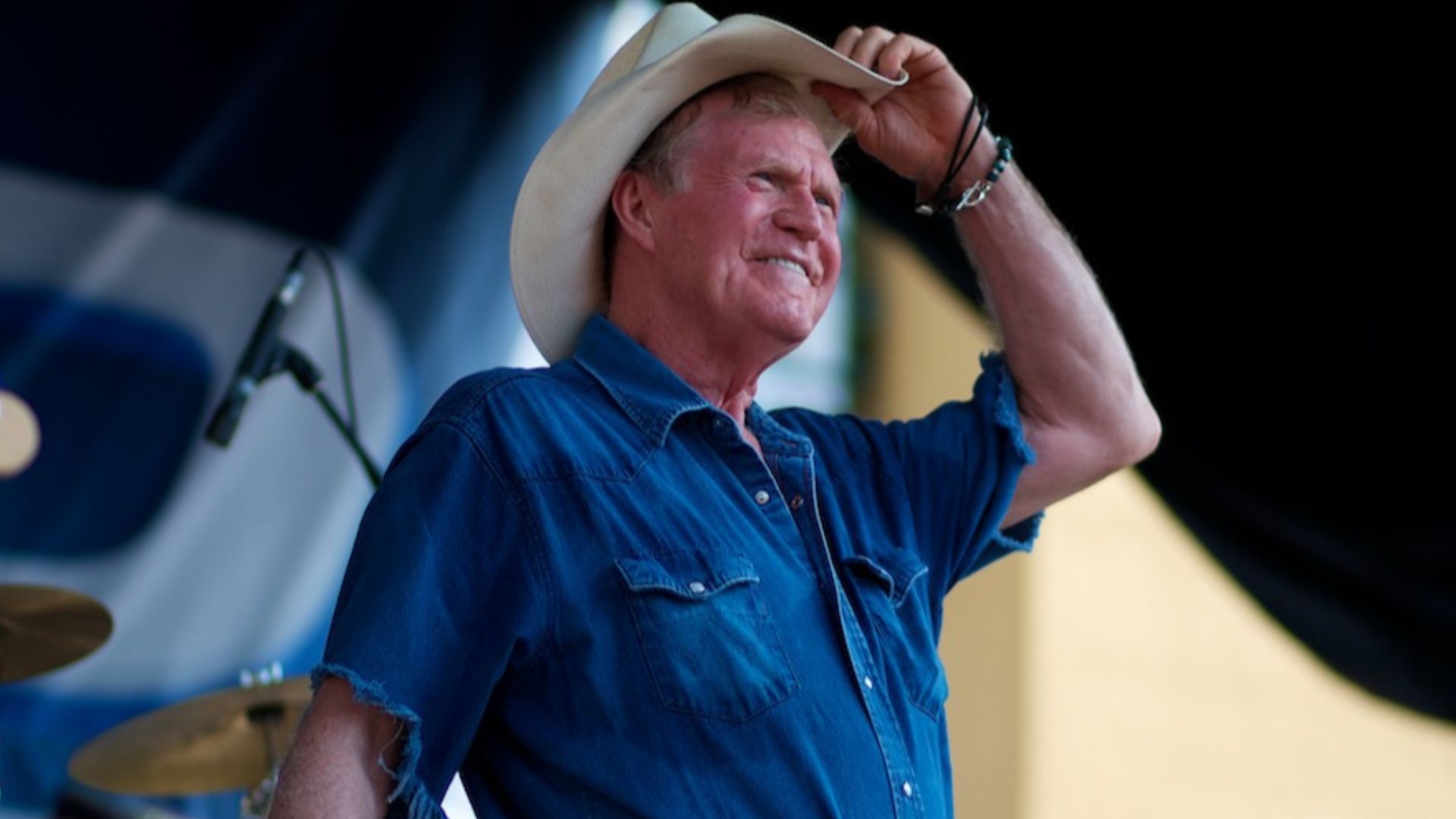 @giovanni (Giovanni Gallucci, Dallas photographer - www.LiveLoudTexas.com), Wikimedia Commons
@giovanni (Giovanni Gallucci, Dallas photographer - www.LiveLoudTexas.com), Wikimedia Commons
Tompall Glaser
While less commercially celebrated, Tompall Glaser’s impact behind the scenes was undeniable. As a studio owner and producer, he provided a haven for outlaws seeking freedom from label constraints. His work on Wanted! The Outlaws and his fiercely independent stance made him a key architect of the outlaw movement’s infrastructure.
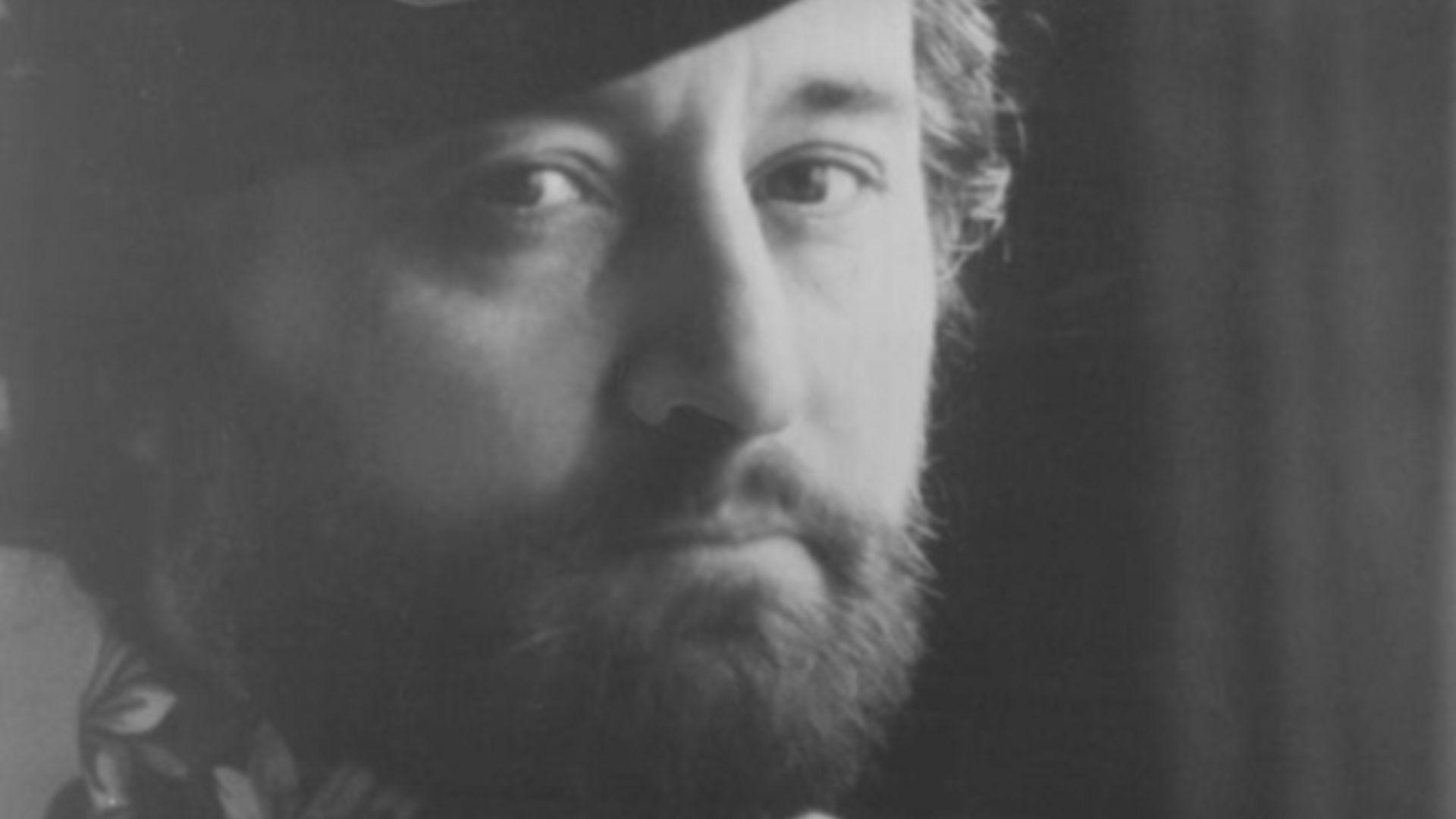 ABC Records, Wikimedia Commons
ABC Records, Wikimedia Commons
Steve Earle
Emerging in the 1980s with a rebel heart and a journalist’s eye, Steve Earle infused country music with punk energy and political fire. Songs like “Copperhead Road” offered grit without cliche. After surviving addiction and incarceration, he became an outspoken activist and mentor, proving that resilience and conviction can redefine a legacy.
Townes Van Zandt
Shrouded in melancholy and brilliance, Townes Van Zandt’s songwriting remains a touchstone for emotional honesty. Though commercial success eluded him, peers revered his poetic precision. Battling mental illness and addiction throughout his life, he left behind haunting ballads like “Pancho and Lefty,” which prove that beauty can be born from chaos and solitude.
Jessi Colter
A rare female voice amid the outlaw country explosion, Jessi Colter carved her own identity beyond being Waylon Jennings’ partner. Her breakout hit “I’m Not Lisa” showed emotional range and resilience. As the only woman featured on Wanted! The Outlaws, she stood as both a pioneer and a powerful voice in her own right.
 Meet Townes Van Zandt by Townes Van Zandt
Meet Townes Van Zandt by Townes Van Zandt
Bobbie Gentry
Few artists walked away from fame as boldly. After rising to stardom with “Ode to Billie Joe,” Bobbie Gentry vanished from the public eye as she rejected industry control. Her haunting lyrics and Southern gothic themes marked her as an innovator and enigma. Like Willie Nelson, her rebellion was quiet and deliberate.
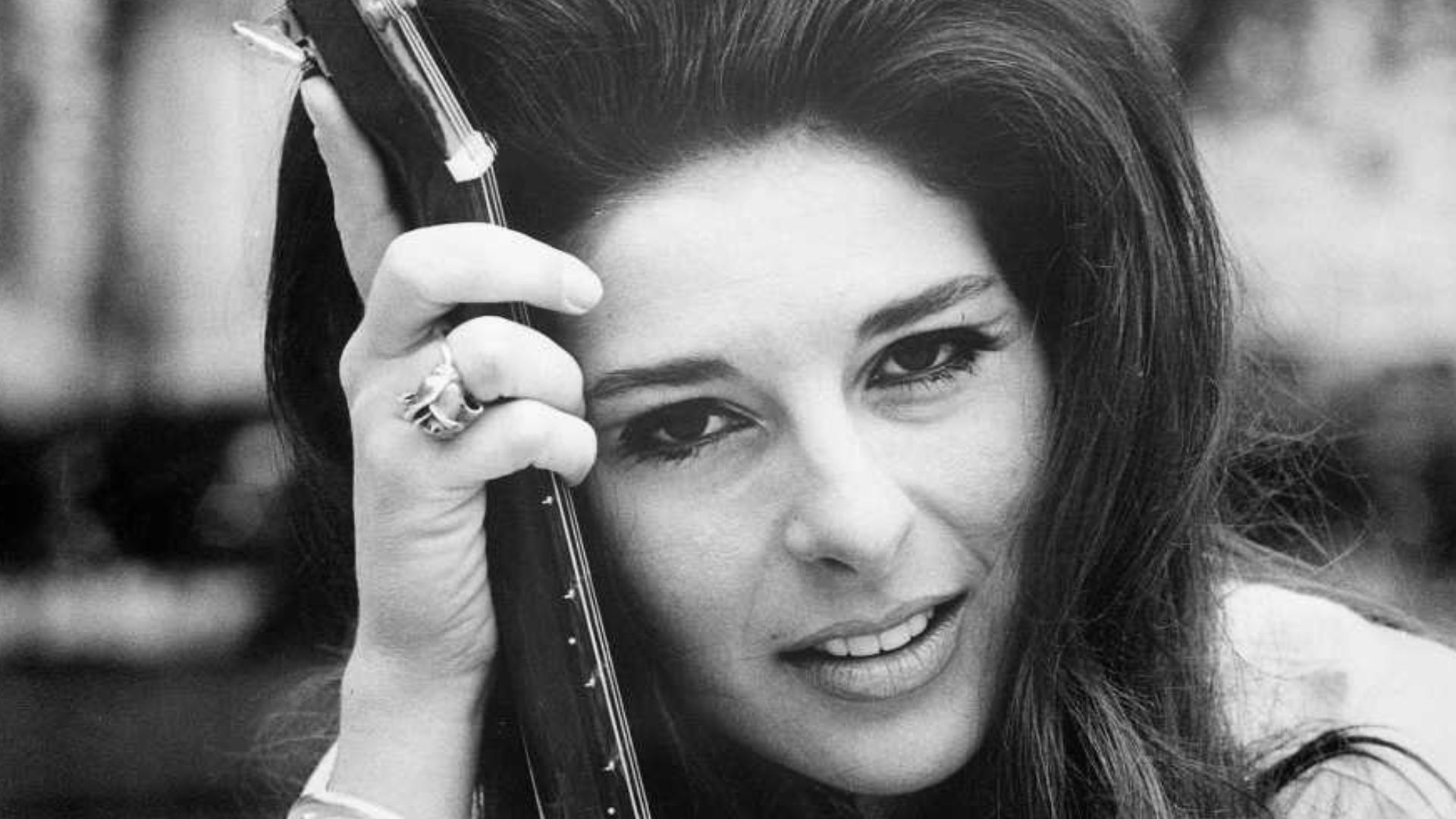 Capitol Records, Wikimedia Commons
Capitol Records, Wikimedia Commons
Ray Wylie Hubbard
As a cornerstone of Texas songwriting culture, Ray Wylie Hubbard wrote barroom epics and spiritual laments with equal conviction. His cult status grew not through radio play, but through decades of honest, blues-inflected storytelling. Known for dry wisdom, he represented the outlaw spirit without ever chasing commercial validation.
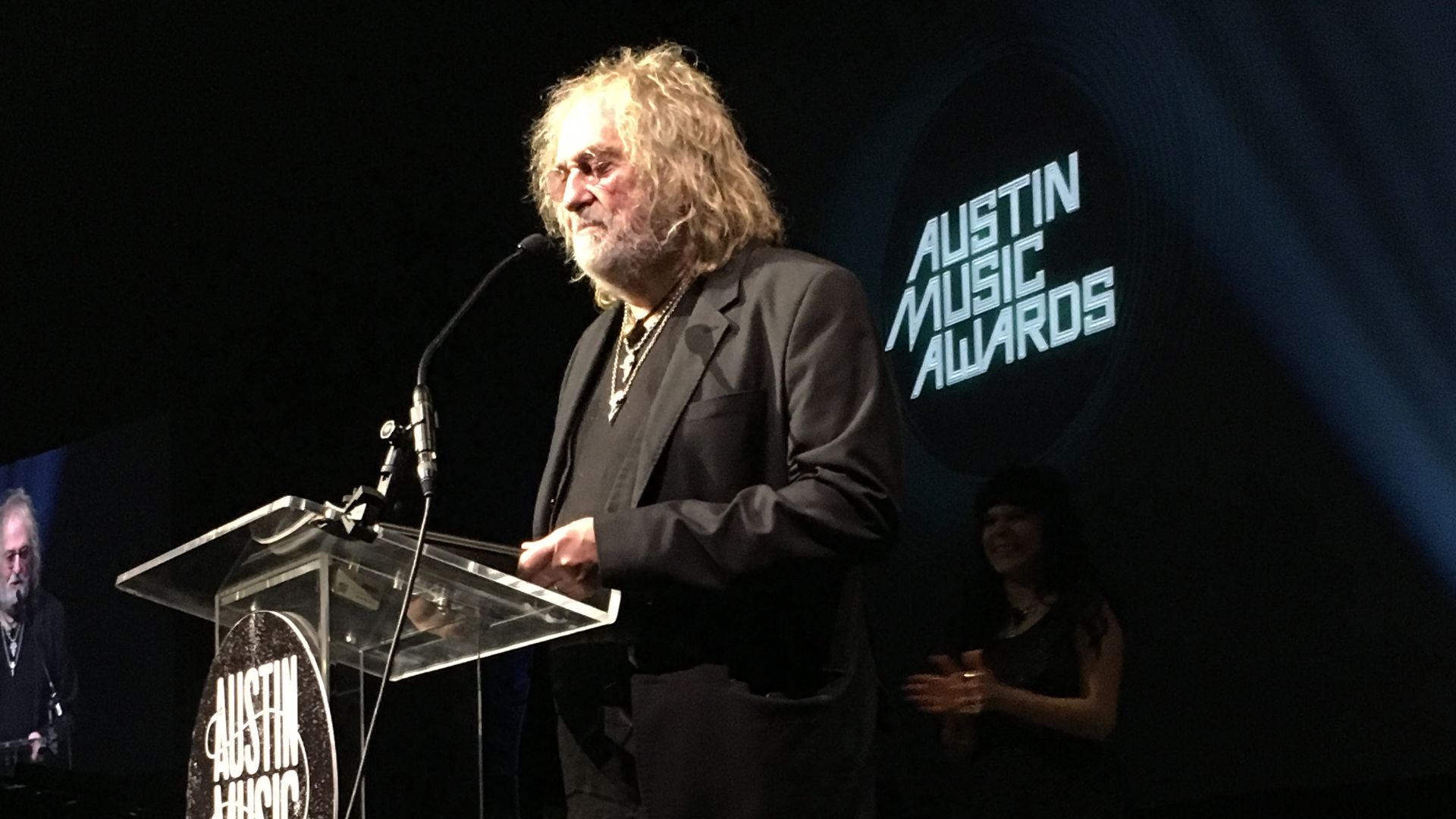 Judy Hubbard, Wikimedia Commons
Judy Hubbard, Wikimedia Commons
Rodney Crowell
A sharp lyricist with deep roots in the Texas songwriting scene, Rodney Crowell balanced personal narrative with artistic precision. Working alongside Emmylou Harris and later as a solo artist, he brought literary flair to country music’s rougher edge. His reflections on love and failure represent the outlaw ethos through authentic narrative without apparent posturing.
Jerry Jeff Walker
Jerry Jeff Walker was nomadic and free-spirited, and he helped turn Austin into the spiritual home of outlaw country. His signature song, “Mr Bojangles,” became a standard, but his greatest impact lay in legitimizing songwriting as both folk art and rebellion. His lifestyle became as influential as the music he left behind.
 Jerry Jeff Walker on Austin City Limits "Mr. Bojangles" by AustinCityLimitsTV
Jerry Jeff Walker on Austin City Limits "Mr. Bojangles" by AustinCityLimitsTV
Cody Jinks
Once a heavy metal frontman, Cody Jinks transitioned into country with a voice full of energy. Rejecting label deals in favor of independence, he built a loyal fan base. His songs explore doubt and resilience, and they are rooted in honesty, not formula, which earned him modern outlaw credibility.
 Cody Jinks - Found (Official Music Video) by Cody Jinks
Cody Jinks - Found (Official Music Video) by Cody Jinks
Shooter Jennings
Shooter Jennings was born into outlaw royalty and refuses to coast on his lineage. Instead, he carved a sound that merges southern rock, country, and industrial influences. By collaborating across genres and managing his own creative direction, he honors his father’s spirit while pushing the boundaries of what outlaw country music can become.
 Shooter Jennings - Fast Horses & Good Hideouts (Live) by Shooter Jennings
Shooter Jennings - Fast Horses & Good Hideouts (Live) by Shooter Jennings
Jamey Johnson
A former Marine with a baritone soaked in sorrow, Jamey Johnson turned personal loss into career-defining music. After walking away from a major label, he found renewed artistic freedom. His refusal to release new music until it felt authentic underscores a commitment to integrity over output, which is a rare stance in today’s industry.
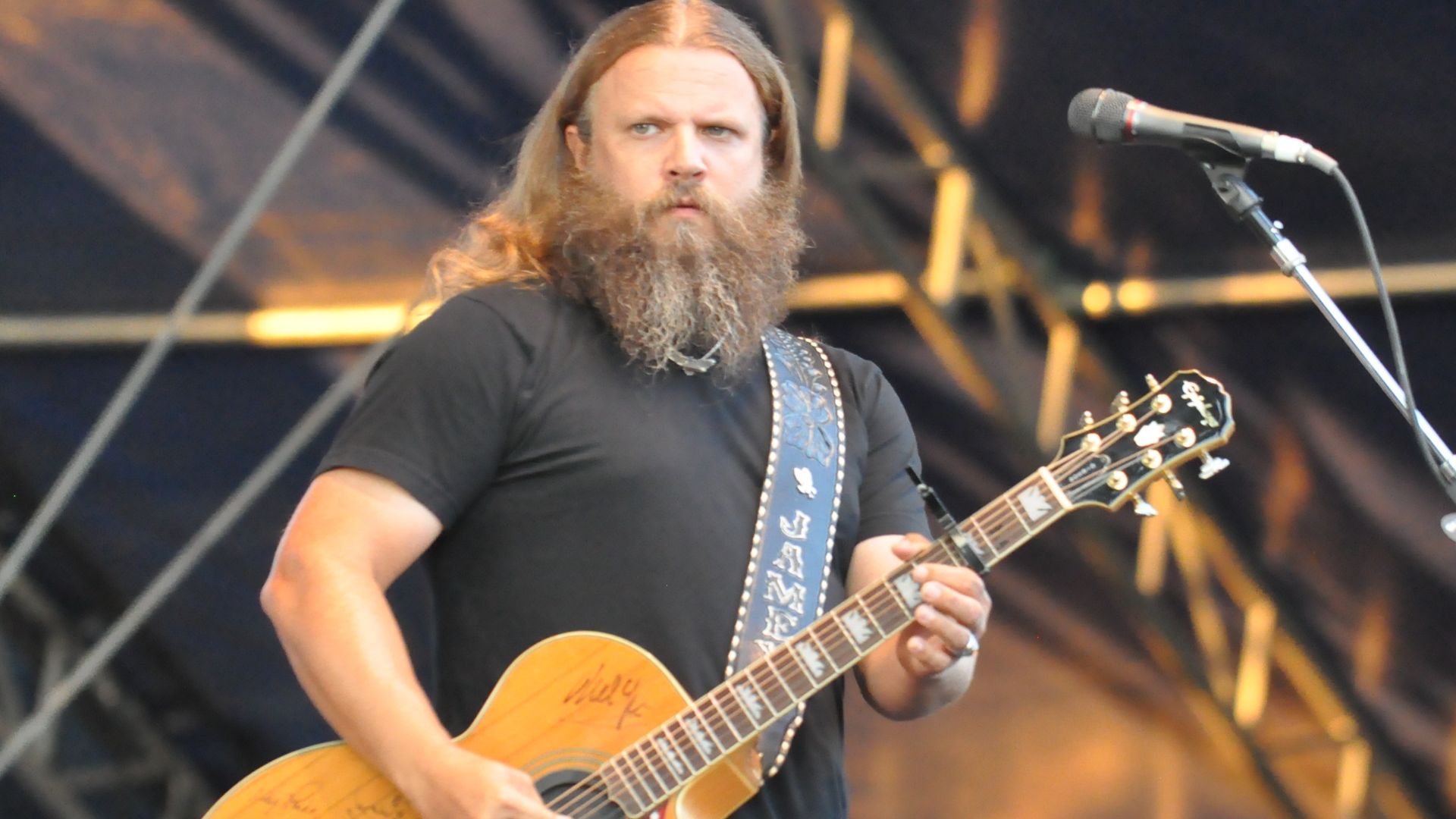 Joe Bielawa from MInneapolis, USA, Wikimedia Commons
Joe Bielawa from MInneapolis, USA, Wikimedia Commons
Johnny Paycheck
With a name as brash as his music, Johnny Paycheck gave voice to the fed-up working class. “Take This Job and Shove It” became an anthem of rebellion, but his tumultuous life, marked by addiction and prison, made him a true outlaw. He lived the life his lyrics only began to capture.
 Johnny Paycheck "I'm The Only Hell My Mama Raised" by Country Road TV
Johnny Paycheck "I'm The Only Hell My Mama Raised" by Country Road TV
Sammi Smith
Her smoky vocals and heartfelt delivery gave outlaw country a subtle, soulful dimension. A close collaborator of Waylon Jennings, Sammi Smith broke barriers with her Grammy-winning rendition of “Help Me Make It Through the Night”. Independent in both sound and stance, she challenged gender norms with quiet power and authentic artistry.
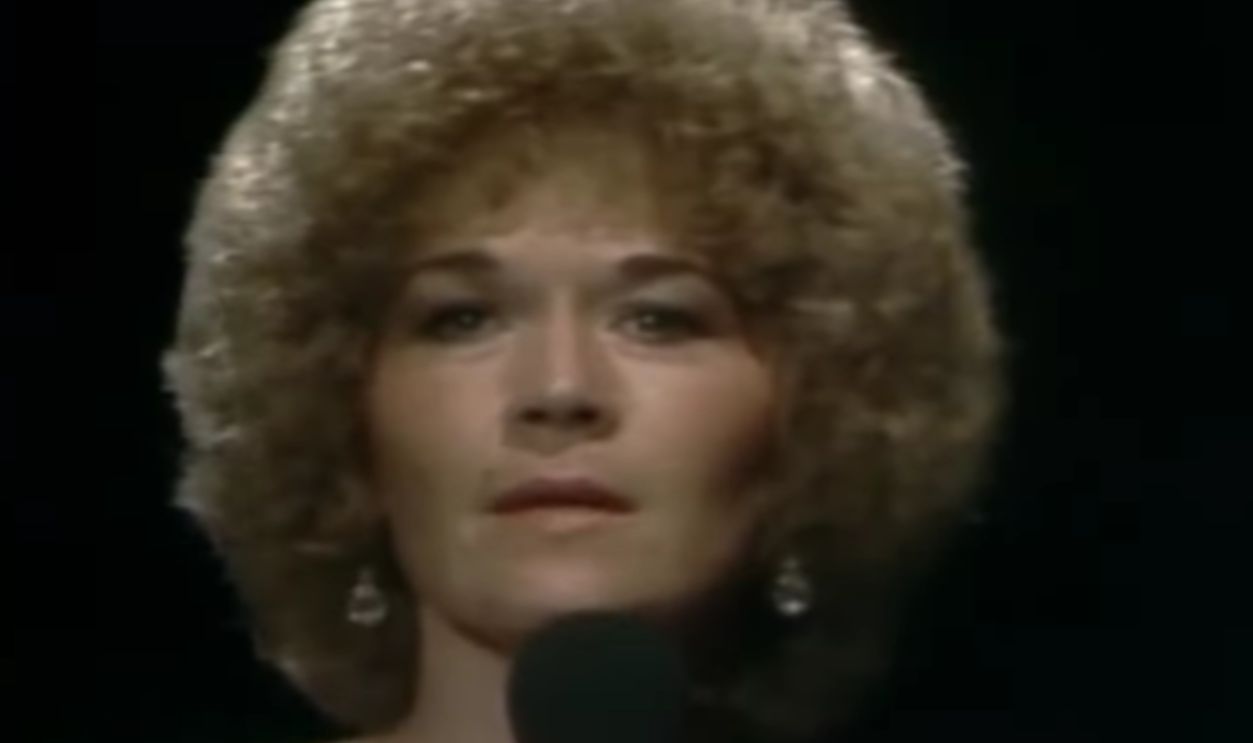 Sammi Smith "Help Me Make it Through the Night" by Country Road TV
Sammi Smith "Help Me Make it Through the Night" by Country Road TV
Sturgill Simpson
Resisting commercial templates from the start, Sturgill Simpson pushed country music into psychedelic, philosophical terrain. Albums like Metamodern Sounds in Country Music defied Nashville norms and earned critical acclaim without compromising his vision. With a distrust of fame and industry conventions, he modernized the outlaw legacy for a new generation of listeners.
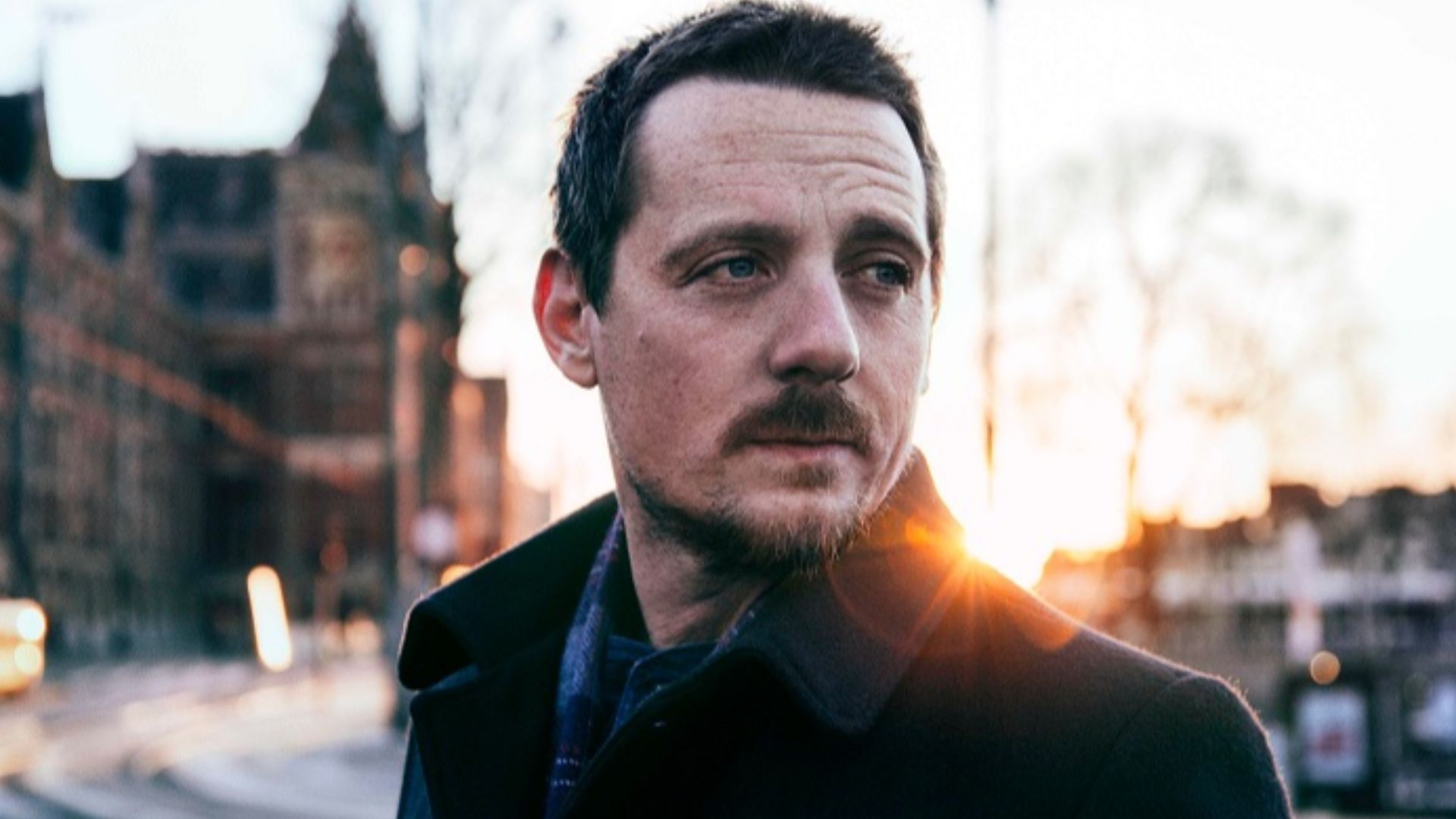 Atlantic Records, Wikimedia Commons
Atlantic Records, Wikimedia Commons
Blaze Foley
Living mostly in obscurity, Blaze Foley became a legend among songwriters for his raw vulnerability and tragic fate. His songs, like “Clay Pigeons,” carry the weight of a hard life and deep compassion. Killed too young, he left behind a legacy of poetic honesty that defines the outlaw genre’s emotional core.
 Blaze Foley 3 Songs Live (circa 1986) by Austin History Center
Blaze Foley 3 Songs Live (circa 1986) by Austin History Center

